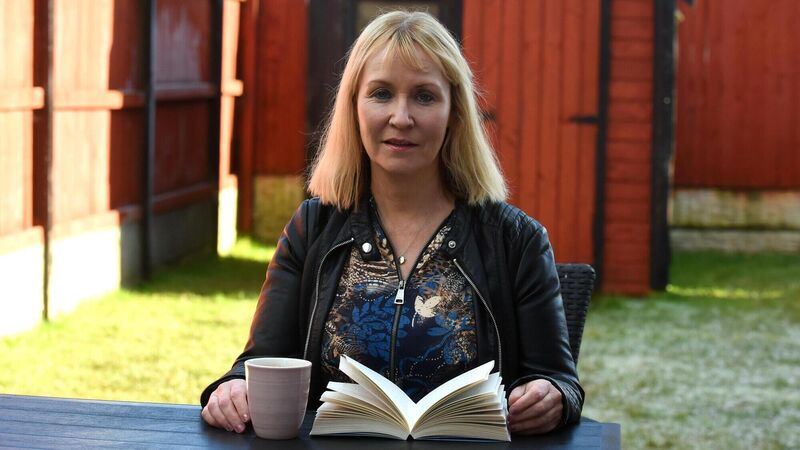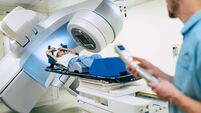Karen Murray: Hospitals need to provide the care and dignity that cancer patients deserve

Karen Murray was diagnosed with breast cancer just over 13 years ago. Picture: Larry Cummins
The theme of this year’s World Cancer Day — Close the Care Gap — couldn’t be more appropriate. Nothing is as important as care when it comes to cancer and, sadly, the gap couldn’t be any wider.
Global cases of cancer are predicted to rise by more than 75% by 2050, according to the World Health Organization (WHO). Ireland has the third-highest rate in the world, with around 42,000 people diagnosed each year.
















